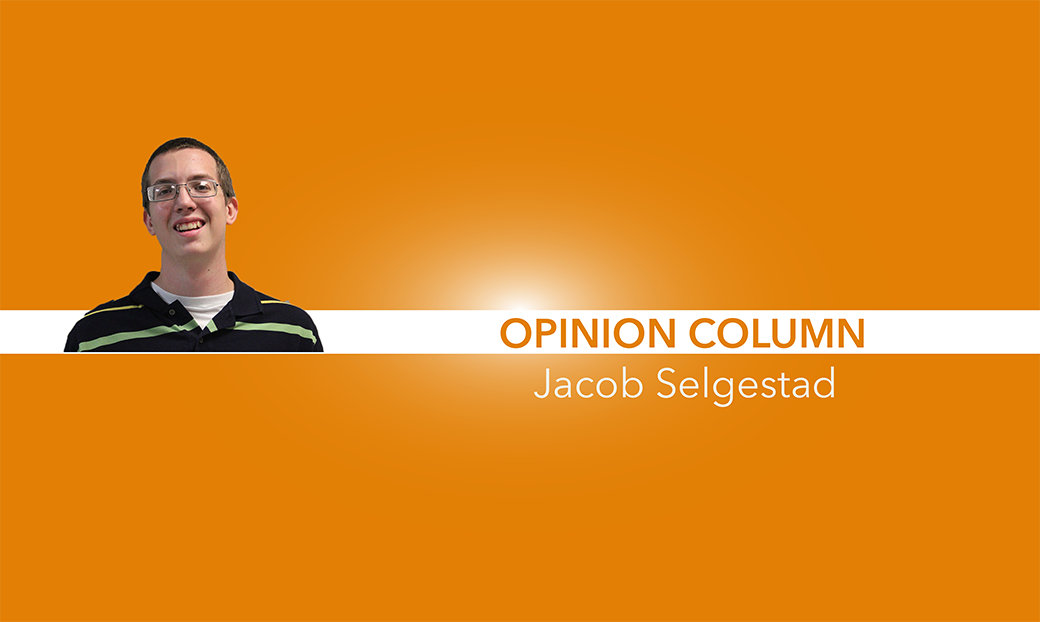
Anonymous speech encourages free-flowing ideas
Anonymous speech, or speech published without the author’s name attached, is frequently used as a tool to allow ideas to be viewed objectively rather than subjectively.
Whether it be the Federalist Papers, which were published under the pseudonym Publius, or someone looking for a party on Yik-Yak, anonymous speech is everywhere. Anonymous speech has its pitfalls, but in the end is needed in American society.
The most effective use of anonymous speech allows the opinion of minorites to be heard.
Minority opinions are often interpreted not by what is said, but by who is saying it. Anonymous speech removes the possibility of ideas being viewed with bias and can allow the content to be viewed objectively. With anonymous speech, societal minorities are more likely to express opinions that otherwise would be ignored.
Effective political discourse can only be achieved when all ideas are heard. Without anonymous speech, society can’t hear all ideas. How can we as a society be expected to craft effective policies when we are only taking into account the thoughts of the majority?
The Lesbian, Gay, Bi-Sexual, Trans-Sexual and Queer movement was spurred by anonymous online speech. The fear of repercussion for expression of their ideas limited the action that could be taken to fix what the LGBTQ+ community saw as a problem. Because of anonymous speech, the LGBTQ+ community was able to gain momentum behind their ideas and eventually become the majority. The LGBTQ+ community was directly benefitted by anonymous speech.
Critics of anonymous speech often state that situations like spurring the LGBTQ+ movement are anomalies, and that anonymous speech is used mostly to harass and harm online. While anonymous speech can be used to bully and harass, it is also important to consider that harassment exists outside of anonymous speech. Harassment exists whether or not anonymous speech does.
There is reasoning behind the protection of this harmful anonymous speech. Nineteenth century civil libertarian John Stuart Mill effectively communicated why that is. “Enlightened judgement is possible only if one considers all facts and ideas, from whatever source, and tests one’s own conclusions against opposing views.”
Essentially, what this means is that with no consideration for what is bad, we have no perception of good. By limiting anonymous speech, we would not only be limiting minority opinion, as mentioned earlier, but depriving the American people of their moral compass.
The question becomes what is the world like with and without anonymous speech. A world with anonymous speech has free-flowing ideas, effective democracy, a satisfied populace, a moral compass and some harassment. A world without anonymous speech also features harassment, but it is paired with oppressed views, a government that only favors majority and a shaky sense of what is right and wrong.
